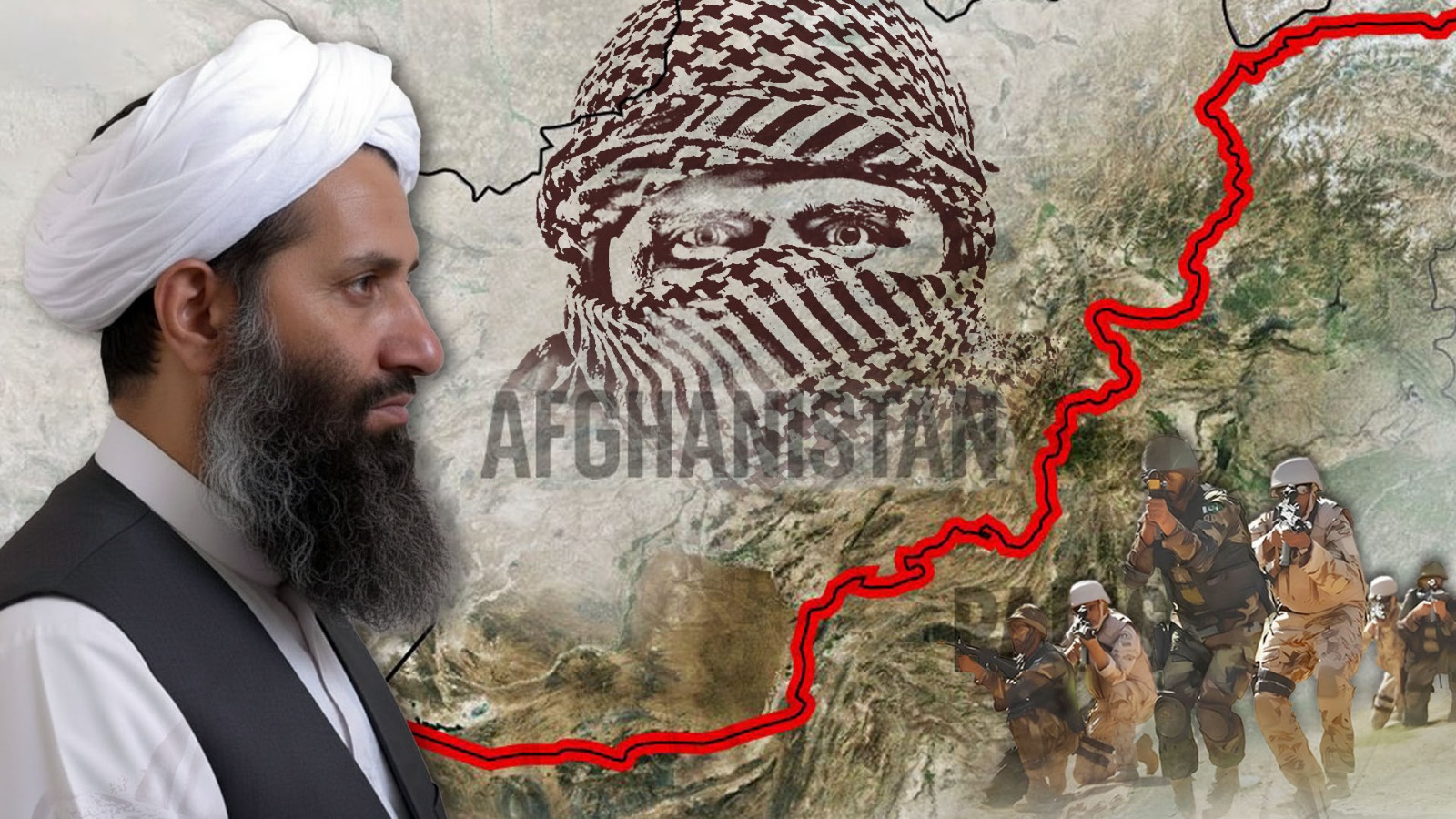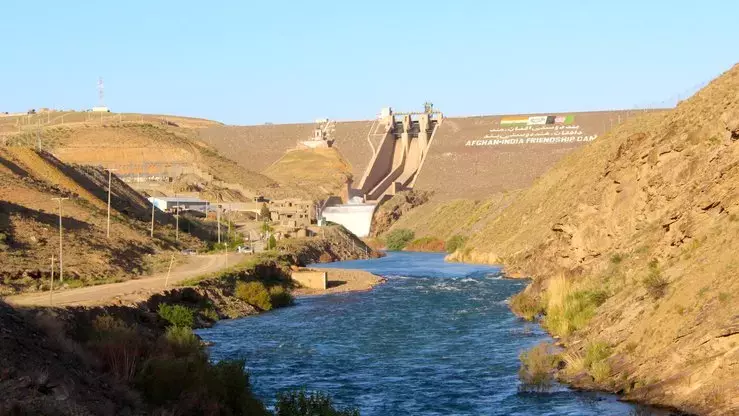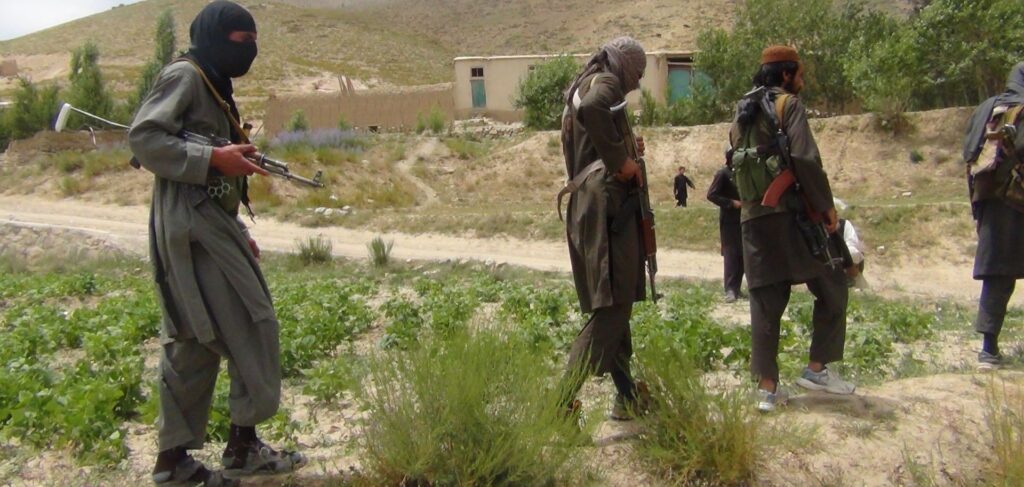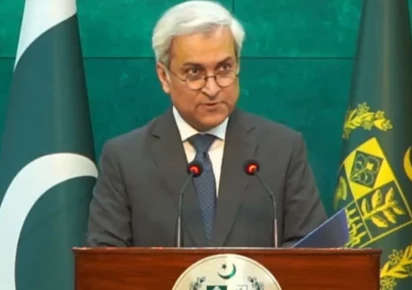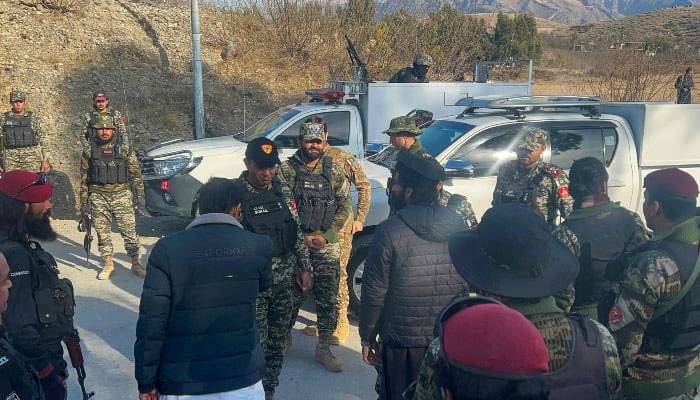The Pakistan Electronic Crimes Act Amendment Bill 2025 was signed into law in January after being hurried through the parliament. The amendments propose strict penalties for fake news on social media, including three years in prison, a fine of Rs2 million or both.
The government argues that these amendments are necessary to curb misinformation and regulate online spaces, but critics warn that they could suppress free speech and dissent.
In November 2024 alone, authorities issued arrest orders for 150 journalists under the PECA, accusing them of spreading misinformation against state institutions. The charges stemmed from their coverage of the November 26 crackdown on Pakistan Tehreek-e-Insaf supporters in Islamabad.
Following the amendments to PECA, authorities have intensified their crackdown on political workers, journalists, and social media users, with cases being registered across the country.
According to data provided by FIA officials to Khabar Kada, so far, 83 PTI workers have been booked under PECA. Cases have also been filed against journalists Farhan Mallick in Karachi, Sohrab Barkat and Ahmad Noorani. YouTuber and vlogger Rajab Butt has also been charged under PECA and blasphemy laws following a citizen’s complaint in Lahore. Additional cases have been filed in Rawalpindi and Sargodha in Punjab and various areas of Balochistan.
Meanwhile, the first-ever case under PECA was registered in South Waziristan, where police filed an FIR against a businessman over the alleged misuse of social media. Authorities claim the accused was spreading false and provocative content despite repeated warnings.
In another case in Bannu, KP, a citizen was charged under PECA for allegedly using abusive language against religious scholars on Facebook over the moon sighting controversy. In Nowshera, a man was booked under PECA for spreading ‘fake news’ about a bombing in Kaka Sahib.
Regulating the internet or silencing dissent?
The 2025 PECA amendments have raised serious concerns among press freedom advocates, who warn the law is being used to silence dissent rather than regulate misinformation.
Sadaf Khan, co-founder of Media Matters for Democracy, an organization working for media literacy and development, criticized the amendment’s vague definitions and broad enforcement powers while talking to Khabar Kada. She warned about a serious effect on journalists, activists, and citizens.
“The problem with fake news legislation is that it can never define fake news in a way that excludes opinions, analysis, or political commentary. The entire political information ecosystem is full of contradictions, predictions, and debates,” Khan said.
“With a law like PECA in the hands of the government, there is a high likelihood it will be used against voices that do not align with their own. This legislation gives authorities the power to silence dissent,” she added.
She also highlighted growing restrictions on digital platforms as a barrier to free expression.
“It’s not just fear—access to online platforms is becoming more difficult in the country. X (formerly Twitter) is banned, VPNs are regulated, and new obstacles are being created to suppress voices in spaces that once mattered.”
When asked how PECA could be reformed while ensuring genuine digital safety, Sadaf argued that the law must move away from policing expression and instead focus on actual cybercrimes.
“For PECA to ensure safety, it must move away from controlling expression. Pakistan’s existing laws already cover defamation and incitement of violence. Instead of fixating on content regulation,” she said.
She went to add that PECA should address ‘real harms’—such as the rise of digital extortion camps and financial frauds.
“The law is overwhelmingly focused on content control rather than addressing cybercrimes that impact people’s lives.”
Similarly, Farieha Aziz, co-founder of Bolo Bhi, an organisation that works for digital rights advocacy, policy, and research, called PECA a tool of repression rather than protection.
“PECA was always intended as a tool of censorship and is being used exactly for that purpose. Protection was just an excuse to gain acceptance for the law,” Aziz told Khabar Kada.
She dismissed the government’s fake news narrative, arguing that misinformation control is being used as a pretext for censorship.
“‘Fake news’ is a Trumpian term used to discredit dissidents. Misinformation and disinformation must be tackled differently—not through excessive criminalization. Fake news and defamation laws are a ruse to silence independent voices,” she added.
Farieha highlighted that cases against journalists have surged since the PECA amendment and called for a multi-pronged approach to address misinformation rather than legal crackdowns.
“Better literacy and awareness of misinformation and disinformation, along with tools to counter false narratives, should be the first line of defence,” she said.



